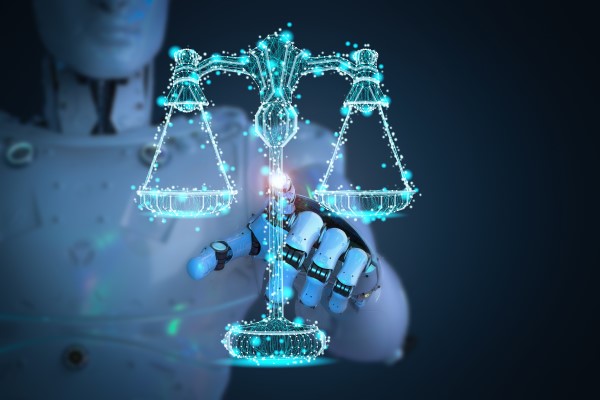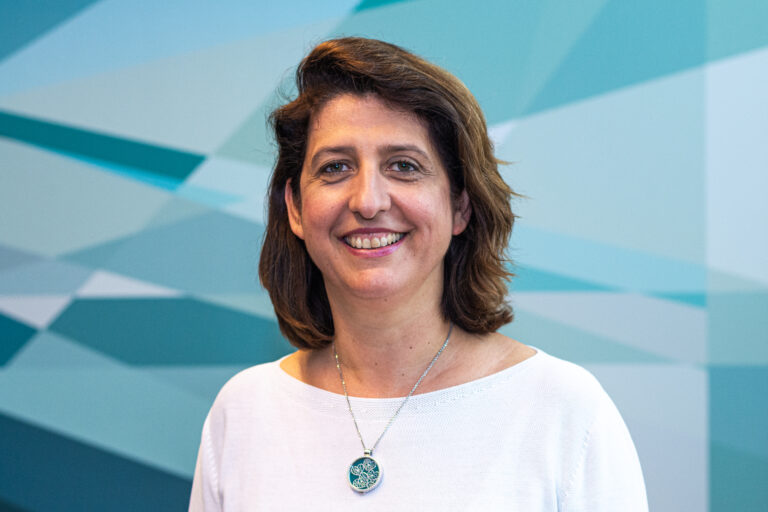What social challenges in AI are being worked on?
As seen regularly in the news, serious and organised forms of crime are becoming increasingly common in the Netherlands. This crime, undermining our way of life, has spread into the very capillaries of society. Research has already shown that using data technology can potentially be a game changer. It is then largely about collecting, combining and using data from various domains, organisations and sections of society. A lot is already possible in that area but – because much is still unclear about the ethical, legal and social aspects – the possibilities of advanced data technology are not yet being used to the full. This also affects the development of AI applications that can help combat this pervasive crime: its underlying revenue model, real estate, liquidations, extortion, seaports as hubs of the international drug trade and other things that organised crime is involved in, such as criminal money laundering.
What types of solutions are offered to the end user?
The ELSA DataXchange Lab focuses on designing, building, testing and evaluating an infrastructure that connected members can use for sharing data between themselves safely, accountably and in a human-centric way. This is data that helps them gain a better understanding of pervasive crime so that they can combat and prevent it more effectively. This must all be done in an ethically accountable and legally substantiated way, and according to the social values that apply in our society. In short, this ELSA Lab wants to make it easier in the future to use data technology and AI solutions to combat serious, organised crime, doing so in a way that fits with our free and open society.
What AI methods or techniques are used in the research?
In addition to this very advanced technical basis, which has to be thought through very carefully, this ELSA Lab uses Blockchain, NFT and Smart Contracts, allowing individual data points to be marked with a unique, non-replaceable and indelible code. This records the ownership of each individual data point. But how do you then make sure that different parties are not only able to use that data safely but also that it is used both securely and transparently? It is clear, though, that this type of data needs a heavily secure cloud environment that will also need to meet many other conditions. A special DataXchange cloud is being developed.
Are we collaborating with other sectors?
Just like in all other ELSA Labs, this ELSA Lab was also set up to involve the ‘quadruple helix’, with active roles not only for the governmental authorities, centres of expertise and the commercial sector but also for society and the public at large. Two public initiatives are connected to this Lab: Governmental authorities and Bureau Dupin (an initiative by the Jheronimus Academy of Data Science, where the general public and professionals from various domains try to solve a cold case together). From the commercial sector, involving Microsoft, Pandora Intelligence and Ocean. The affiliated governmental parties include the Ministry of Justice and Security, the National Police, the RIEC Brabant Zeeland Taskforce and the five largest cities of North Brabant (Eindhoven, Tilburg, Breda, ’s-Hertogenbosch and Helmond). And to complete the list, six centres of expertise are also active in this ELSA Lab: Jheronimus Academy of Data Science (JADS), Tilburg University (TILT), Delft Technical University, Fontys Hogeschool, the Police Academy and West Flanders Centre of Expertise for Data and Society.
What is the ultimate success this ELSA Lab can achieve?
The ELSA DataXchange Lab will be a success if in the future there is an infrastructure that different parties can use to share data that helps combat the criminality undermining society with each other safely and accountably, without raising ethical or legal objections or going against what is socially desirable.
Awarded the NL AIC Label
The Netherlands AI Coalition has developed the NL AIC Label to underline its vision for the development and application of AI in the Netherlands. An NL AIC Label formally recognises an activity that is in line with the aims and strategic goals of the NL AIC and/or the quality of that activity. NL AIC would like to congratulate the ELSA DataXchange Lab.
More information?
If you’re interested in this ELSA lab, please contact Liesbeth Leijssen from the Jheronimus Academy of Data Science (JADS). If you would like more information about human centric AI and the ELSA concept, please visit this page.






